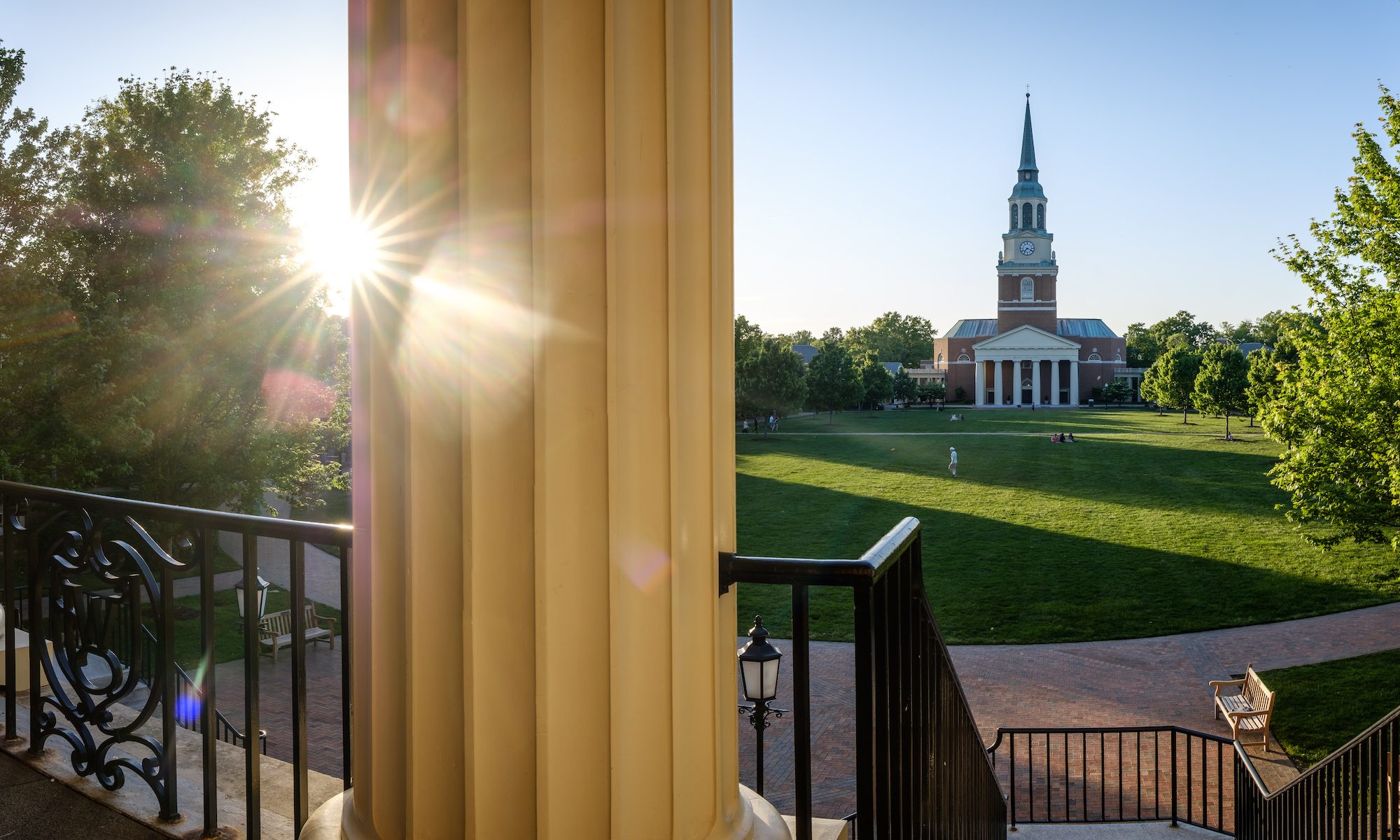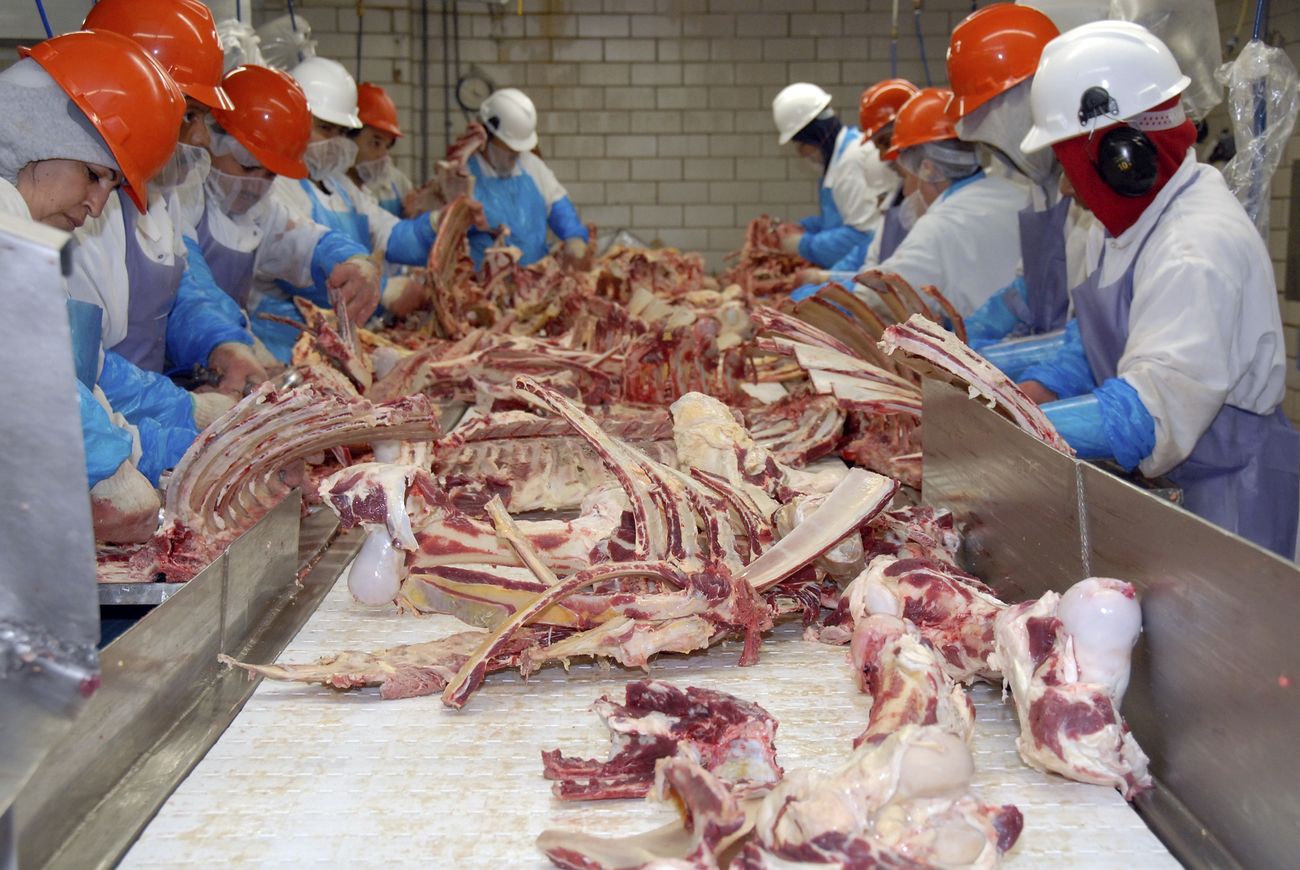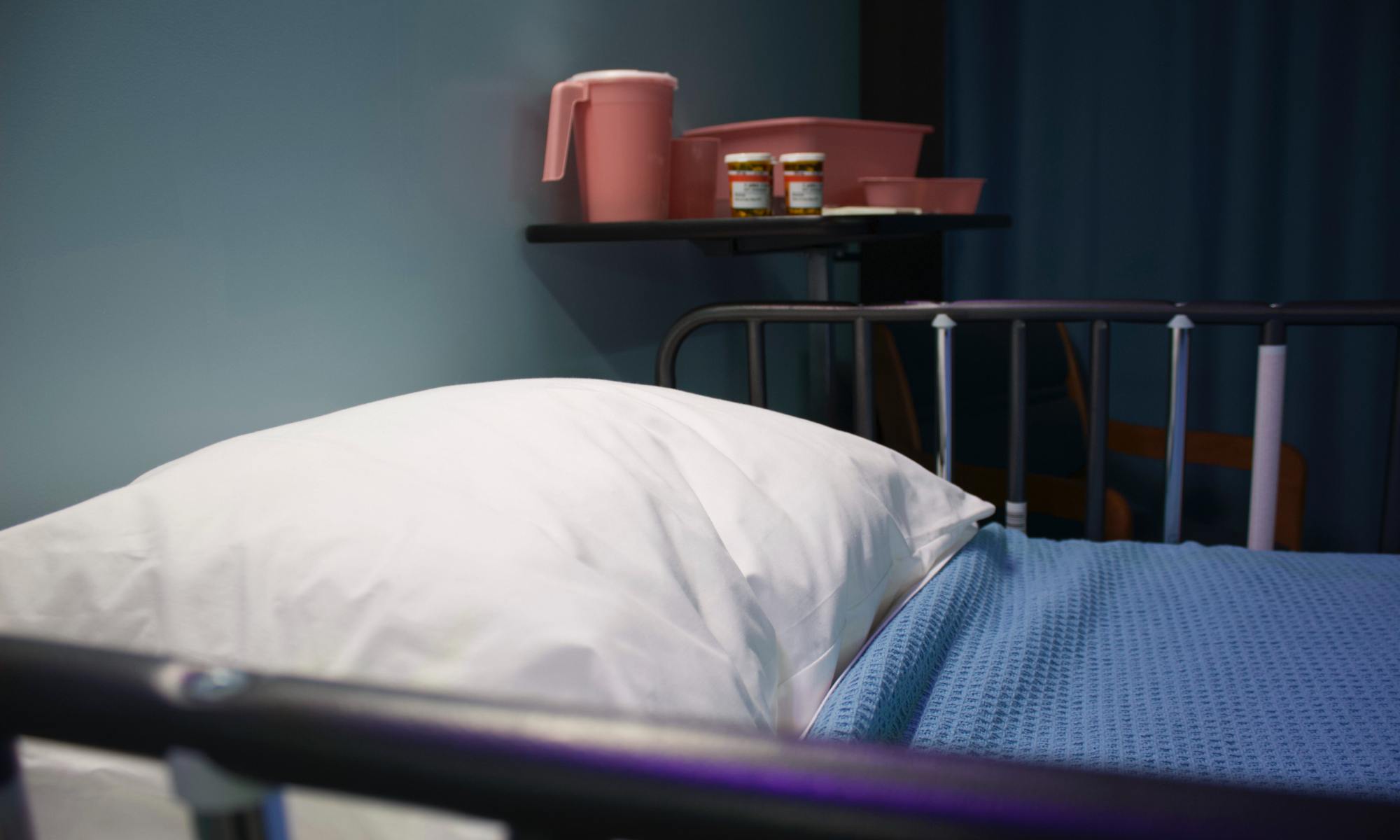The Psychological Impact of Animal Slaughter on Slaughterhouse Workers and the Spillover Effects in their Communities Ryan Mahabir, Wake Forest University School of Law JD '23 It’s a hot afternoon. The grill is fired up, ready to cook some hotdogs and hamburgers. As you enjoy the food, have you thought about the cows, pigs, and …
Living (and Dying) on Your Terms: End-of-Life Decision-Making Before and During COVID-19
Hannah Norem, Wake Forest University, J.D./M.Div Dual Degree Candidate '23 Preface: Chaplaincy and End-of-Life Decision-Making As a hospital chaplain, you have the privilege of experiencing the best and worst parts of patients’ lives.[1] You bear witness to the beginnings of life that take place in a hospital, like births and successful organ transplants.[2] However, you also …
Is It Time to Reevaluate Off-Label Usage?
by Aaron Johnston, WFU JD Candidate '21 When I was just starting to move out of the “weed-out” engineering college courses—calculus, physics, circuits, and chemistry—and into the core tenets of bioengineering, one conversation with my professor has always stuck out in my mind. I had to write a final paper in the form of a …
Continue reading "Is It Time to Reevaluate Off-Label Usage?"
COVID-19 Has Laid Bare Our Inhumane Treatment of Incarcerated People and Their Families
by Kristen Kovach, WFU JD Candidate '21 Michael opened his email on a dreary Tuesday morning. Casually scrolling through the spam messages between sips of coffee, his eyes paused on one message sent to him in the early hours of the morning. “I think your brother is dead,” the subject line read. Michael froze. His …
Right to Treatment During the COVID-19 Pandemic
By Oluwatemilorun Adenipekun, WFU S.J.D. Candidate ’21 COVID-19 is a serious global challenge, but it is also a wake-up call for the revitalization of universal human rights principles. Governments should ensure that response measures to this novel virus do not target or discriminate against any groups, and that responses are inclusive of and respect the …
Continue reading "Right to Treatment During the COVID-19 Pandemic"
Let’s Continue to Reap the Benefits of Telehealth After the COVID-19 Public Health Emergency
by James Hughes, WFU JD Candidate '22 Due to the infectious nature of COVID-19, our health care system has been forced to evolve in order to appropriately serve patients during this deadly pandemic. Before the public health emergency, roughly 13,000 Medicare beneficiaries received fee-for-service telehealth services per week, while almost 1.7 million Medicare beneficiaries utilized …
North Carolina’s Extended Limits of Confinement: Woefully Underutilized in the Face of COVID-19
by Remy Servis, WFU JD/MA in Bioethics Candidate '22 Amidst the 2020 COVID-19 pandemic in the United States, incarcerated people have been one of the most at-risk subgroups[1], contracting the virus at a rate five times higher than the national average.[2] Due to overcrowded conditions in prisons and jails, this population has limited opportunity to …
Convalescing in the Era of COVID-19
by Carley Fisher, WFU JD Candidate '21 COVID-19 reached U.S. shores sometime early this year; the first laboratory confirmed test was discovered on January 20, 2020 and reported to the CDC two days later. To date, the number of COVID-19 cases in the United States has risen to over 8 million, with over 200,000 lives …
The Disproportionate Impact of the COVID-19 Pandemic on Black Americans
by Madison Woschkolup, WFU JD Candidate '21 The impact of the COVID-19 pandemic on the United States is immense, but this impact has been disproportionately felt by Black communities. In thirty-three states and the District of Columbia, Black people comprise a higher proportion of COVID-19 cases relative to the percentage of the state’s population they …
Continue reading "The Disproportionate Impact of the COVID-19 Pandemic on Black Americans"
Homelessness and COVID-19
by Nathalie Freeman, WFU JD/MA in Bioethics Candidate '21 This year over half a million people in the United States are experiencing homelessness. Between 25% and 50% of these homeless people work, and during the COVID-19 pandemic, many of these individuals are serving as low-wage essential workers. Even without considering the current pandemic, individuals who …










